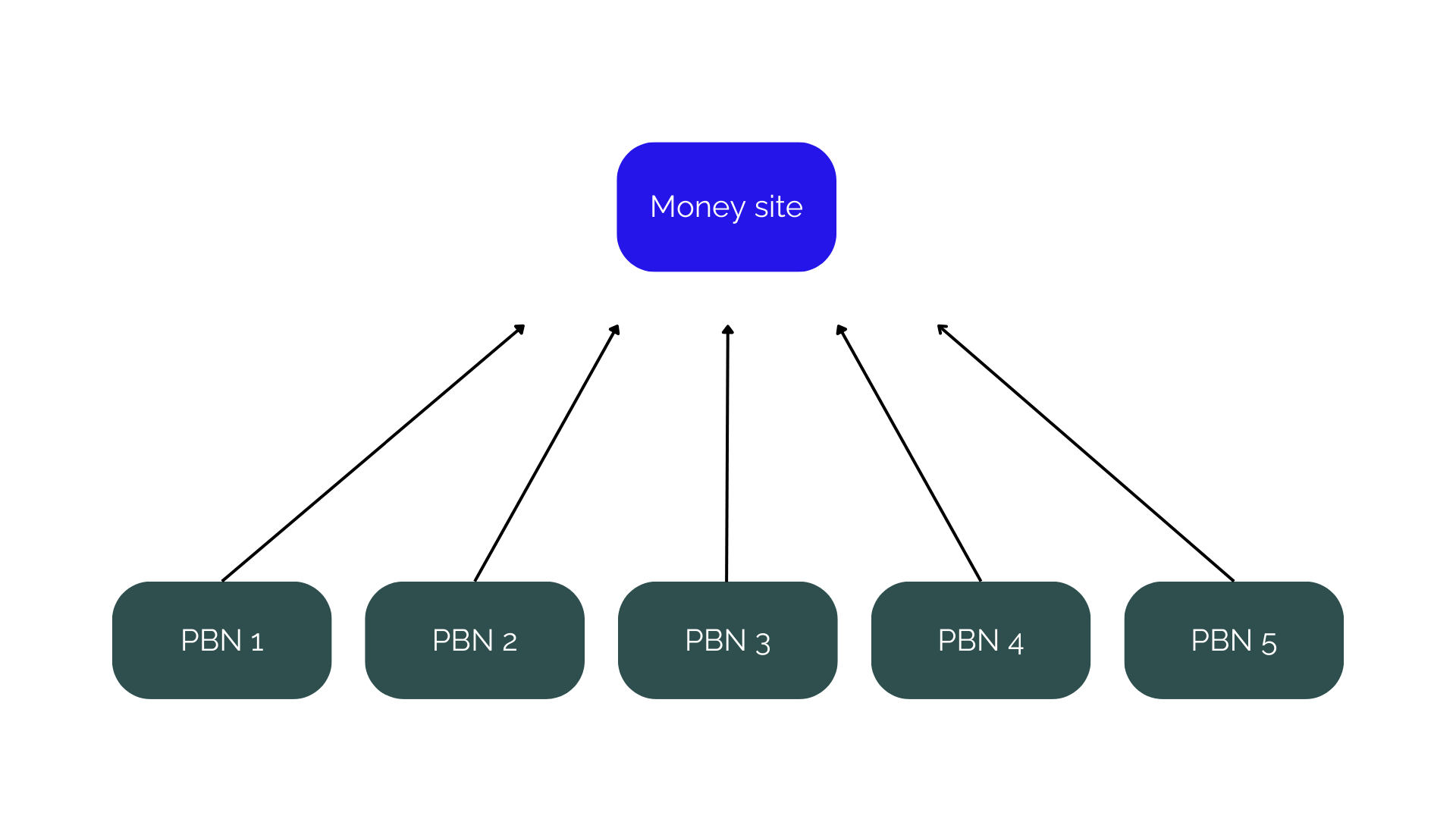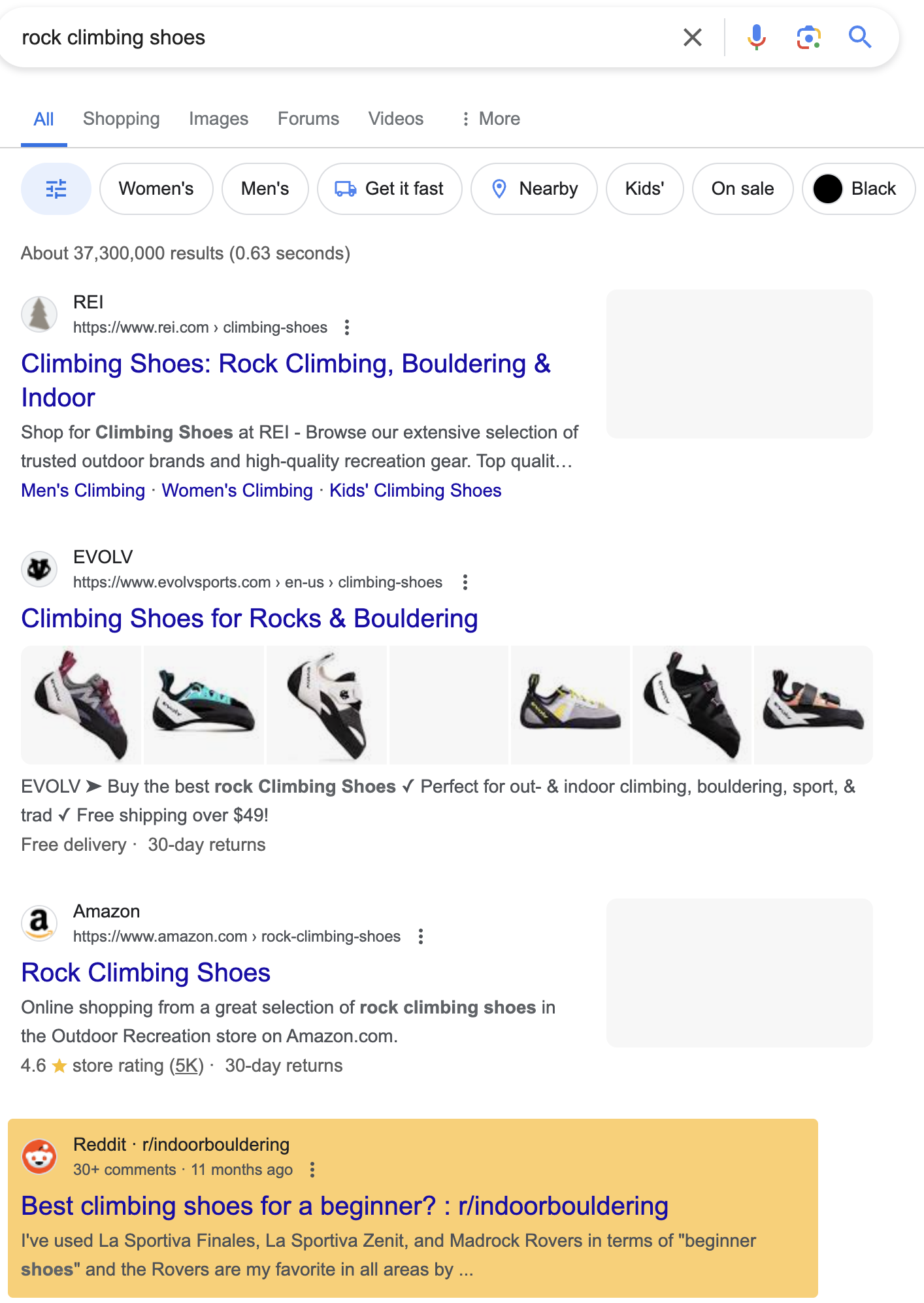What is off page SEO? - Full guide
What is off page SEO?
Off page SEO is everything that happens outside of your website that affects your authority and visibility in search engines. Common methods include guest blogging, digital PR, and social media marketing.
The goal of off page SEO is to get search engines to see your website as more authoritative and therefore "reward" it with better rankings in search results.
The difference between on-page and off-page SEO
On-page SEO is activities done on the website in order to improve rankings in search engines, while off-page is activities done outside of the website.
On-page SEO concerns optimizing the website's content and structure to improve its ranking in search engines. Examples of on-page factors include content, headings, meta descriptions, internal links, and alt-texts.
Off-page SEO focuses on activities outside the website that affect its authority and visibility. Examples of off-page factors include backlinks, referring domains, brand mentions, and social media engagement.
Why is off page SEO important?
External links have long been one of Google's fundamental ranking factors and will therefore be taken into account when your page is compared to competitors in terms of who should be visible in the search results.
An external link, or backlink as it is often called, acts as a vote for Google and other search engines. If two different websites were to publish exactly the same article, where one article received 7 links to it from other domains and the other none at all, Google would have reason to believe that the one with links to it was of better quality.
Off page SEO can be compared to word of mouth, where other actors testify that what you publish is of quality and therefore feel safe to refer to it.
Many different studies have been conducted on the impact of backlinks on the organic visibility of websites, and all of them show a clear trend: there is a strong correlation between referring domains (the number of linking domains) and your ranking in the SERP.
In a study by Backlinko where 11.8 million results were analyzed, the following correlation could be seen.
How to work with off page SEO
How you work with off page SEO and what is most effective will vary depending on who you ask. I have chosen to divide it into three different areas where link building includes traditional methods such as guest blogging, social signals that go into social media and finally branding which is a more long-term work method.
Link building
Guest blogging: Guest blogging means that you write a blog post that is then published on someone else's domain in exchange for a link. This is a win-win-win situation as the publisher gets content to share with their readers and the writer gets a link to their website.
Link baits: Link baits are content created for the purpose of attracting links. Content such as infographics, studies, and how-to guides tend to spread more easily than other types of content.
Broken backlink building: This method revolves around finding non-working links on domains, in other words they lead to a 404 page. By contacting the website owner and offering a replacement link, you have the opportunity to sell in your own website. Just make sure to have a page with content that matches what was previously linked to.
Public Blog Networks: A PBN is a network of sites that exist to link externally and thus pass on link power. Google continuously releases updates aimed at counteracting this type of link as they manipulate the algorithm in a way that violates Google's guidelines.
PBNs are attractive to site owners because they can choose which pages they want links to and which keywords to use in the anchor text, which is difficult to control in the wild.
Despite this, I advise against using PBNs because, as I said, they are something that Google actively fights against. Every now and then, websites that are under scrutiny are penalized by having parts, or in the worst case the entire site, deindexed.
Social signals
Social signals are the signals that are sent from social media and indicate that one's brand/website is of authority. It is not only about links but also engagement such as likes, shares and comments.
Whether or not social signals are a ranking factor is not something that SEOs agree on as much as backlinks. Google's John Mueller was asked the question in 2015 where he was clear that social signals did not have an effect on how they ranked. However, I still believe that this is something that Google takes into account when pages are compared to each other.
Even if that were not the case, there are still a hundred other reasons why you would want to work with social media. Not only does it strengthen your brand and contribute to new traffic sources, it also gives you the opportunity to be visible directly on Google with various SERP features which is linked to your organic traffic.
It is not uncommon to come across a search phrase that triggers a panel of Youtube or Reddit results. If your brand can be seen here, it is a great opportunity to reach a new audience.
The fourth result for “rock climbing shoes” is a Reddit result.
The first result for “how to tie a tie” is a YouTube video.
Branding
Finally, we have branding, this is something that companies work with without often having off page SEO in mind. By attending events, webinars, podcasts, etc., links will inevitably come in.
The good thing about this is that if you, for example, have been on a podcast that would not ultimately result in a link, you have still managed to reach a new audience, establish yourself as an expert and build trust with potential customers. This differs, for example, from working with PBNs where there is one goal: links.
In other words, it is the branding that is in focus, where the links that are added are secondary and a natural part of the process.
Digital PR
Something that can speed up the time it takes for companies to attract links through branding processes is digital PR.
Digital PR is the process of pitching a news story to a journalist, in the hope of getting it published with a mention or, at best, a link.
To be successful with this, you first need to have some kind of content that is worth creating a news story about. Then you need to package it in a way that makes the journalist you reach out to want to take it further and share it with their readers.
The process can look like this:
Summary
Off page SEO is an important part of search engine optimization that focuses on building up the website's authority and visibility outside of its own domain. It complements on page SEO, which is about optimizing what is on the website, and technical SEO, which concerns the technical aspects of the website.
As you’ve probably heard before; SEO takes time and there’s no difference with off page. Through consistent use of tactics like broken link building, link baits, and digital PR, you'll develop a varied, natural link profile that enhances your search engine visibility.

 Connect on Linkedin
Connect on Linkedin





